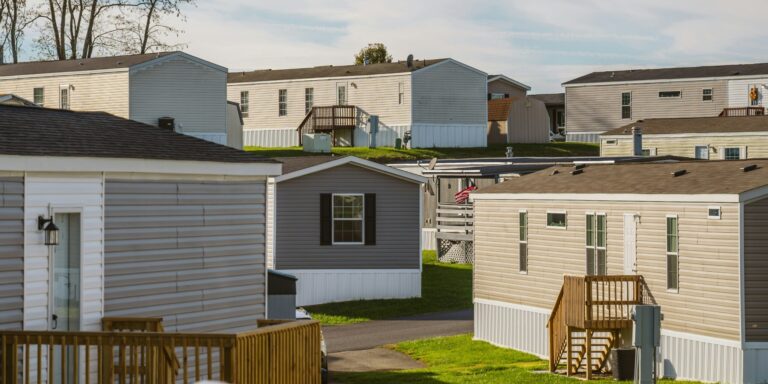A proposed $1.5 billion redevelopment of the Fulton and Elliott-Chelsea NYCHA housing complexes in Manhattan has ignited significant opposition from local residents and community leaders. The plan, a public-private partnership involving the New York City Housing Authority (NYCHA), Related Companies, and Essence Development, aims to demolish and rebuild 2,056 existing public housing units, adding approximately 3,500 mixed-income apartments, along with new parks and small businesses. While proponents argue that the project addresses urgent infrastructure needs and modernizes aging facilities, critics express concerns over potential displacement, gentrification, and the privatization of public land.
Project Overview and Objectives
The redevelopment plan, part of NYCHA’s Permanent Affordability Commitment Together (PACT) program, seeks to transform the aging Fulton and Elliott-Chelsea housing complexes into modern, mixed-income communities. The initiative includes the construction of new residential buildings, community centers, and retail spaces, aiming to revitalize the area and improve living conditions for residents. According to NYCHA, the project will replace all existing public housing units with new, permanently affordable homes, ensuring that current residents retain their housing rights and protections.
A key component of the plan is the “build first” strategy, designed to minimize displacement by constructing new units before demolishing existing ones. NYCHA asserts that 94% of tenants will remain in place during construction, with only 6% requiring temporary relocation. The agency emphasizes that all displaced residents will have the right to return to the new developments.
Community Opposition and Concerns
Despite assurances from NYCHA, the redevelopment plan has faced staunch opposition from various community members, including residents, housing advocates, and local leaders. Critics argue that the project prioritizes private development interests over the needs of low-income residents and could lead to increased rents and displacement.
Lydia Andre, a leader of her Chelsea neighborhood block coalition, has been vocal in her opposition, expressing concerns about the project’s impact on vulnerable tenants. “I don’t think that’s outside interference,” Andre said of her efforts to raise opposition. “I think that’s helping people speak truth to power,” she told The Post of her belief that she’s protecting the tenants from displacement. Andre lives in a brownstone near the NYCHA complex.
Similarly, Layla Law-Gisiko,resides in a million-dollar apartment in ending weekly email blasts opposing it. “This project is wrong on so many —yet the upside goes to Related,” . “The first building they’ve targeted for demolition —and that’s exactly what’s being weaponized added.
Renee Keitt, president of the Fulton Elliott Houses, has labeled the project a “land grab housing. However, an agreement between the city and .Companies includes clauses that protect tenants and ensure receive new homes, according to a review by The New York Post.
Support from Some Residents and Officials
Not all residents oppose the redevelopment. Miguel Acevedo, president over 23 years, supports the plan, citing the urgent need to address poor living conditions such as mold, broken infrastructure, and lack of working heat and water. “People always say, ‘backyard,'” he said. “I’ve never seen what I’m seeing “.
Acevedo has accused opponents of fear-mongering, particularly targeting tenants who are behind on garner support for their cause. Law-Gisiko and Andre have denied these claims.
Political Implications and Next Steps
The redevelopment plan has also sparked political tensions. Andre has championed a new candidate for City Council—a tenant who lives at Fulton Elliott—to challenge the district’s incumbent, Erik Bottcher, who “I think [Bottcher] —and you know what? So do —that’s why I got a protest candidate .
The project is currently undergoing an environmental review process, with public hearings held to gather input from residents and community members. NYCHA and its partners have emphasized their commitment to incorporating feedback and ensuring that the redevelopment meets the needs of current residents.
As the debate continues, the Fulton and Elliott-Chelsea redevelopment plan remains a focal point in the broader conversation about urban development, affordable housing, and community preservation in New York City.
